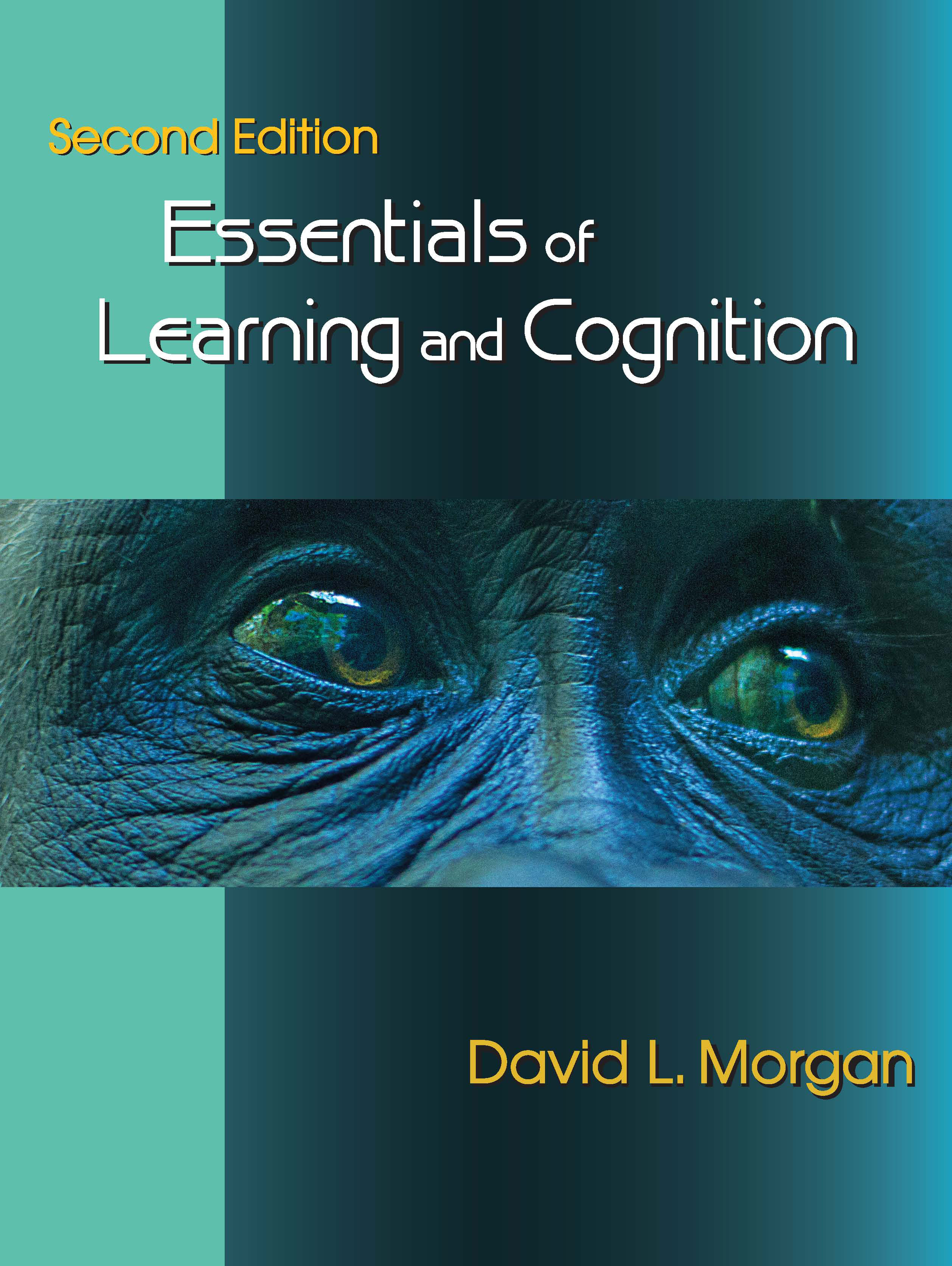1. Introduction
Learning and Cognition as Adaptation / Learning and Cognition Defined / Learning and Cognition as Scientific Subjects / Historical Influences on the Psychology of Learning and Cognition
2. Pavolvian Learning: Basic Principles
Ivan Petrovich Pavlov: The Man and His Science / Extinction and Inhibitory Conditioning / Generalization, Discrimination, and Higher-Order Conditioning / Explanations of Pavlovian Conditioning / The Adaptiveness of Pavlovian Conditioning
3. Pavlovian Learning: Applications
Conditioned Taste Aversion / Conditioning and Physiology / Clinical Implications
4. Operant Learning and Reinforcement
The Discovery of Operant Conditioning / The Three-Term Contingency / Basic Principles of Operant Behavior / Schedules of Reinforcement / The Adaptiveness of Operant Learning
5. Operant Learning: Applications
Applied Behavior Analysis: A Brief History / Contemporary Trends in Applied Behavior Analysis / Operant Principles in Education
6. Social Learning
Imitation: The Roots of Sociality / Social Learning: The Cognitive Perspective / Social Learning: The Behavioral Perspective / The Adaptive Nature of Social Learning
7. Remembering and Forgetting
Historical Approaches and Theories of Memory / Forgetting: Causes and Corrections / Implicit Memory / Memory in Nonhumans / The Adaptive Nature of Memory
8. Conceptual Behavior
Concepts as Abstractions / Human Conceptual Behavior / Conceptual Behavior in Nonhuman Animals / The Adaptive Nature of Conceptual Behavior
9. Acquiring and Using Language
Language Fundamentals / The Psycholinguistic Approach to Language / The Behavioral Approach to Language / Language in Nonhumans / The Adaptive Nature of Language
Glossary of Key Terms

374 pages, $59.95 list
1-4786-3022-1
978-1-4786-3022-7
© 2016
paperback
Instructor's resource materials available here
To obtain a username and password to access these materials, contact comps@waveland.com.
To obtain a username and password to access these materials, contact comps@waveland.com.
eBook availability
Similar Titles
Essentials of Learning and Cognition
Second Edition
Modern psychology has become a broad and fragmented collection of research areas, theoretical orientations, and professional organizations. The author, who believes integration within the discipline is critical, makes the case that its empirical and theoretical aspects can be unified under the umbrella of adaptation. The principles of learning, and the characteristics of memory and language—our adaptation to a challenging environment—are pertinent to all we do, and the sciences of learning and cognition are the subject areas most relevant to these proximate behavior–environment relationships. Because the adaptability of a behavior is often tied to its function, the author’s functional perspective serves as a helpful organizational tool for studying the otherwise disparate aspects of learning and cognition—thinking, memory, conceptual behavior, and language.
New to this edition is an emphasis on applied behavior analysis, a rapidly growing and credentialed profession. Updated pedagogical features include opening chapter vignettes, interim summaries and review questions, improved graphics, and a full glossary of key terms.
New to this edition is an emphasis on applied behavior analysis, a rapidly growing and credentialed profession. Updated pedagogical features include opening chapter vignettes, interim summaries and review questions, improved graphics, and a full glossary of key terms.